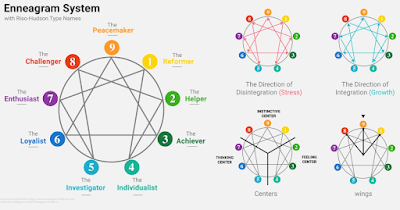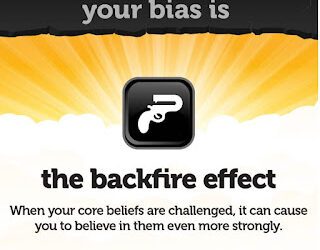The ‘good’ pictures are the serious ones, the artistic ones; the ones with good shots. The ‘bad’ are simply escapist, romantic, only for entertainment. But if we examine them with care we will notice that the ‘good’ pictures are actually the worst pictures. The escapist film may be horrible in some ways, but the so-called ‘good’ pictures of recent years have almost all been developed by men holding the modern philosophy of meaninglessness.
– Francis Schaeffer, The God Who is There (1968), 41.

I purchased tickets for Captain Marvel just a couple days ago so I figured, what better time to write about it. Superhero movies are about the only ones I care to see these days, in part, because I think what Schaeffer said about movies 50 years ago is more or less correct, even today. However, the superhero movies, which would probably be what Schaeffer referred to as ‘bad’ movies are actually technically and artistically good these days.
The great thing about superhero movies is that they still recognize objective morality. The heroes fight for justice, and for the most part, their values align with orthodox Christian values (although I’m sure we’ll see this changing in many ways). Because of the immense popularity of these films, they are a good way for apologists to learn about how people in our culture think. What is particularly interesting in these movies is how morality is portrayed. While the heroes typically do what is good and right, there is no intellectual justification their moral acts, there are logical inconsistencies, the heroes are pegged as the saviors of the world, and salvation is a right for all people.
What does this tell us about the culture at large? People don’t care a whole lot if their beliefs are justified or logically consistent. Instead, people are drawn to a message that tells them strong convictions justify their views and they will be saved no matter what they believe or do. It’s a mixture of relativism, fideism, and universalism all wrapped in to one, and this is the culture we live in.
What this means for apologetics is that anytime we discuss morality, people will easily get offended and be defensive. There is a huge barrier around moral issues that shuts down rational thinking and open-mindedness, especially surrounding abortion (see articles in works cited section).
Does this mean you cannot or should not talk about moral issues? Not at all. Morality can be a great way to initiate spiritual conversations. The main take away is to be hyper aware that there is an increased risk of causing the backfire effect when discussing morality. To avoid this, ask a lot of thought-provoking questions (not just trapping questions), use persuasion principles to promote rational thinking, be patient, and try to steer the conversation to Jesus and away from quibbling over moral disagreements.
Apologist Alan Shlemon made a great point in his latest apologetics tip of the day video. Save your arguments for when people ask. Even though you probably love talking about apologetics, remember the goal is to preach the gospel. Use movies, morality, or anything else as conversation starters and then move to the gospel. If people ask challenging questions, then use apologetics to give an answer.
Works Cited
Čavojová, V., Šrol, J., & Adamus, M. (2018). My point is valid, yours is not: myside bias in reasoning about abortion. Journal of Cognitive Psychology, 30(7), 656-669.
Kaplan, J. T., Gimbel, S. I., & Harris, S. (2016). Neural correlates of maintaining one’s political beliefs in the face of counterevidence. Scientific Reports, 6, 39589.



